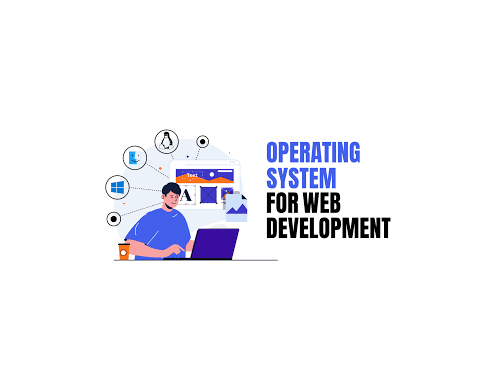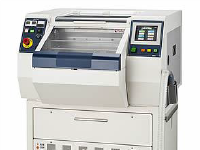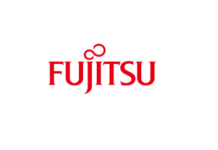
Choosing the right operating system (OS) is a cornerstone of your web development journey. The OS you pick will dramatically shape your tools, how much flexibility you enjoy, the security of your setup, and the overall feel of your daily work.
While several worthy contenders are out there, some operating systems seem to click with web developers. This article will examine the most popular choices and uncover what makes them attractive to those building the web.
Linux: The Open-Source Powerhouse
Linux is synonymous with the web development world. It’s free to use, extremely customizable, and as stable as an ancient oak tree. Much of the internet runs on Linux servers, making it a natural fit for building websites and applications.
- Ubuntu: If you’re diving into Linux, Ubuntu is your friend. It’s beginner-friendly yet capable of smoothing the learning curve.
- Other Flavors: Adventurous developers may prefer specialized distributions like CentOS or Debian, which are known for their server environment stability.
If you spin up a virtual server (VPS) in the cloud to host your site, chances are it’s running some Linux flavor.
Windows: Accessibility and Integration
Windows is the dominant desktop OS, known for its user-friendliness and massive catalog of compatible software. This is a comfortable choice if you need to use .NET development tools or your work relies on specific Windows-only programs.
Windows licenses can be costly compared to Linux, and Windows sometimes faces more potential security issues.
Windows is an excellent choice if you’re building for the Microsoft ecosystem or your workplace has standardized Windows-specific tools.
macOS: When Design and Development Converge
Apple’s macOS offers a polished interface, seamless integration with iPhones and iPads, and, importantly, Unix-based power under the hood. This gives developers a beautiful experience alongside a toolbox familiar to many servers.
Macs are expensive, and some find macOS less suited for server-side work than Linux.
macOS shines when designing and developing apps for Apple devices or if your web projects blend heavily with elegant visual design.
Beyond the Big Three: Considerations
Don’t discount niche operating systems! Lightweight options can be snappy on older hardware. If your entire workflow lives in the web browser, even something like ChromeOS can become a suitable development machine. Remember, the ‘best’ OS is personal – consider your project needs and workstyle.
VPS: Supplementing Your Toolbox
Virtual Private Servers (VPS) allow you to rent a “slice” of a powerful server, behaving almost like a dedicated machine. These are popular with web developers, so let’s touch on the most popular choices:
- Linux VPS: Cost-effective and highly flexible, great for mastering server-side configuration.
- Windows VPS: Use when your project needs explicitly a Windows server environment.
Conclusion
Ultimately, there isn’t a single “best” operating system for all web developers. Choosing your OS is like choosing the right tool from a well-stocked toolbox. A skilled craftsperson can build amazing things with different tools, each with situational strengths and preferences.
Before getting locked into a decision, consider these questions:
What’s my budget?
Linux is complimentary, while Windows licenses and macOS hardware have significant costs.
What specific technologies will I use?
Do you need access to Windows-specific programs or Apple’s Xcode development environment?
Where will my code live?
Are you deploying apps to Linux servers or within the Apple ecosystem? A matching OS may smooth your workflow.
How comfortable am I with customization?
Linux rewards those who enjoy tinkering, while Windows and macOS are generally less open to under-the-hood tweaks.
The good news is that the world of web development is incredibly flexible. No matter your OS choice, the fundamental concepts of coding are transferrable. And don’t underestimate the power of experimentation! Test-driving different operating systems (in virtual machines) gives you the hands-on experience to discover what truly suits your unique development style.


















